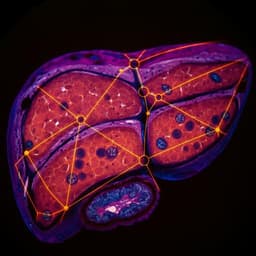
Psychology
Neural and computational underpinnings of biased confidence in human reinforcement learning
C. Ting, N. Salem-garcia, et al.
Explore the fascinating neural mechanisms behind biased confidence in human reinforcement learning! Delve into the groundbreaking research by Chih-Chung Ting, Nahuel Salem-Garcia, Stefano Palminteri, Jan B. Engelmann, and Maël Lebreton, which reveals how the VMPFC network encodes global confidence signals amidst contextual biases using fMRI technology.
Related Publications
Explore these studies to deepen your understanding of the subject.







